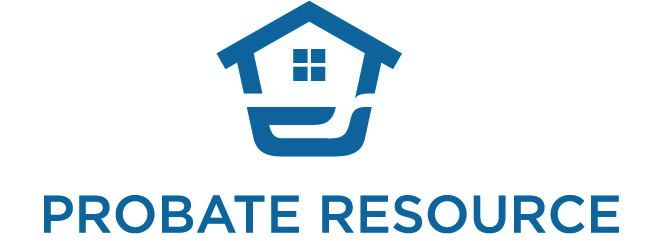Probate Fraud: What to Do if You Suspect Fraud in the Probate Process
Inheritors and executors alike deserve a just probate process where all involved parties receive their fair allotment in full.
Fraud is a difficult topic to broach when going through the probate process. Grief sometimes intensifies tensions, and nobody wants to feel like the bad guy by angrily accusing someone else of ill intent during such a difficult time. We always want to assume the best of the people around us. The reality is, however, that there exists a level of fraud risk when dealing with probate. Whether committed by family members, inheritors, or executors, probate fraud requires some foreknowledge and research to spot.
Types of Probate Fraud
Estate executors have a lot of plates to spin while handling probate. One of your responsibilities includes keeping an eagle eye out for possible fraud. It is a rather stressful undertaking along with everything else, but necessary when ensuring financial justice for inheritors and surviving family members.
Some of the most common types of probate fraud include the following:
- Tampered or forged end-of-life documentation
- Accounting fraud
- Guardianship fraud
- Misappropriation of property
- Commingled assets
- Abuse of power
- Breach of fiduciary duty
Fraud is not just relegated to family and people with whom the deceased signed contracts. If you are a family member or inheritor of the deceased, you also reserve the right to investigate the executor’s actions. Just as the executor must remain diligent in ensuring no fraud takes place on their watch, so too must the primary stakeholders in settling an estate keep an eye on the executor’s actions.
Signs of Probate Fraud
Possible fraud may not be as simple to spot as you might assume. It often involves a lot of cross-referencing documents and noting discrepancies. To ensure all paperwork is accurate, we recommend investigating further if you see any potential fraud signifiers, including the following:
- Money withdrawn from the deceased’s account not lining up with estate expenditures
- Last-minute will changes if the deceased was not considered legally in their right mind before passing
- Suspicious signatures
- Disinherited family members suddenly appearing as inheritors
- Delayed administration
- Spending trust money before the trust has been transferred over
- An inheritor or executor shows signs of being coerced or manipulated into their decisions
- Taking up residence in property owned by the deceased without express permission
It must be noted that signs of probate fraud do not necessarily indicate that fraud is taking place. Legal documents can be complicated, especially for first-time executors and inheritors. What looks like fraud on paper might actually be an honest mistake, fixable by pointing out the problems and re-doing the documentation. If you suspect malicious intent, however, we recommend speaking with an attorney specializing in probate-related fraud cases.
What To Do if You Suspect Probate Fraud
If you suspect probate fraud, we recommend that you compile any evidence you can access before seeking legal counsel. Your chances of receiving justice depend on whether or not you can provide proof of your suspicions. Written or recorded proof is the most effective evidence when starting the litigation process if you suspect probate fraud.
Evidence of fraud may include, but is not limited to, the following:
- Transfers of title
- Previous and final copies of end-of-life documentation, such as wills
- Email correspondence
- Text messages
- Records of financial transactions
- Contracts
- Marriage or birth certificates
A preliminary meeting with an attorney experienced in probate litigation will let you know that you have sufficient evidence to move forward with an investigation, if further proof is required to build your case, or if you have no case at all. In the event of an investigation or additional evidence gathering, you, the suspect, and any other parties involved in the dispute (family members, business partners, tenants, etc.) may need to provide testimonials under oath.
Once you have gathered sufficient evidence and sought legal counsel, the case goes before a judge for a deliberation and, eventually, a verdict. Your attorney will advise you about whether or not the matter could be settled as a civil suit, or if criminal charges should be added on as well.
Your Resource for Georgia Probate Processes
We created Georgia Probate Resource to assist executors, inheritors, and family members with better understanding the complexities behind probate court. When you’re grieving, you want easy-to-follow resources that demystify the processes involved in estate settlement. For further reading to help contextualize the topic of fraud, we recommend the following blog posts:
What to do if an Estate is Mismanaged
Can an Executor Evict an Heir or Beneficiary?
What Makes a Will Valid or Invalid in Georgia?
Five Common Executor Mistakes to Avoid
Intestate Guide: My Loved One Died without a Will. Now What?
